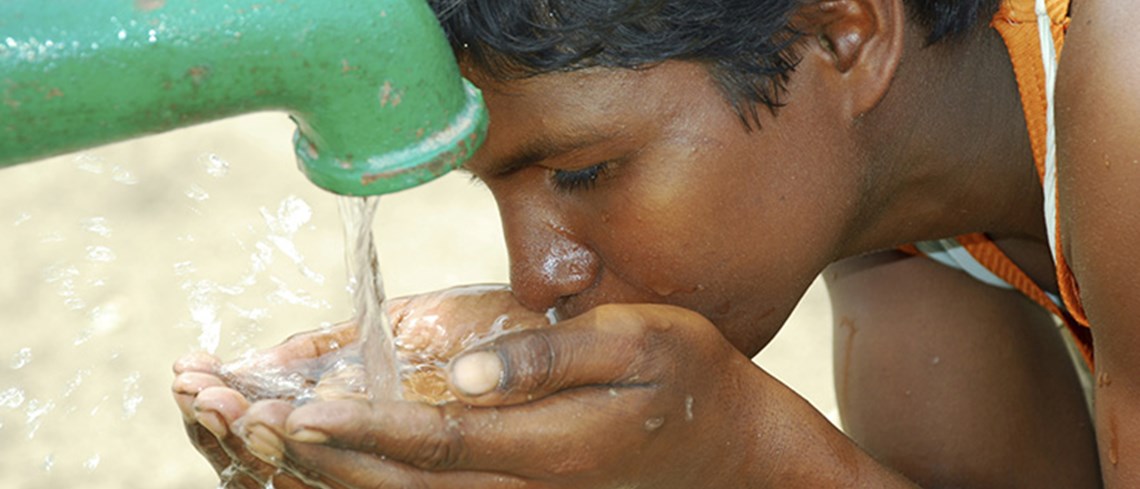Waterborne Diseases
Waterborne diseases are a major challenge to the world’s population, particularly in developing countries . World Health Organisation (WHO) and UNICEF estimate they are responsible for 80% of all illnesses and a third of all deaths in developing countries. In a separate report, the WHO estimates that 88% of all waterborne illnesses are due to poor hygiene, sanitation and an unsafe water supply[2].
Water is however a fundamental requirement for human life, it makes up 70% of our body. The average person needs to drink about six to eight glasses of water every day.
Causes
Waterborne illnesses have two main causes:
Chemical hazards and industrial pollution e.g. dangerous levels of chemicals, nitrates or heavy metals in the water supply due to industrial pollution or the over-use of agricultural chemicals.
Microbial hazards which invisibly contaminate the water with bacteria, viruses and parasitic organisms that cause disease. Much of this is contamination is through water coming into contact with animal and human waste. Just one gram of faeces can contain up to 100 billion microbes.
Much of this contamination is through water coming into contact with animal and human waste.
Symptoms
Waterborne illnesses are many and varied, from diarrhoea and cholera to polio and meningitis. They can be incredibly severe, life changing and even life-threatening to those who are infected but there are steps you can take to protect yourself from waterborne diseases and illnesses.
- Diarrhoea & Gastroenteritis
- Abdominal pain & cramps
- Typhoid
- Dysentery
- Cholera
- Meningitis
- Guinea-worm disease
- Hepatitis
- Polio
Prevention Tips
- Ensure that the water is visibly clean and free of any silt or sand. Water can be filtered to remove any visible contaminants.
- Always drink clean safe water. Use either clean potable water or clear water that has been made safe using water purification tablets or liquid to kill any harmful microorganisms present. Do not drink untreated water.
- Ensure that any stored water is of an acceptable microbial quality for subsequent use
- If water is stored for bathing, add some Dettol Antiseptic liquid as directed to the bathing water to kill harmful bacteria
- Practice excellent hand hygiene, washing hands thoroughly with soap after using the toilet, before preparing food and before eating
- Ensure all food is washed, cleaned and thoroughly cooked to kill harmful bacteria and other harmful germs that may be present
- Get immunised to protect yourself from vaccine preventable diseases.
Myths and Truths
- Waterborne illnesses only occur in developing countries?
Waterborne illnesses can occur in any country, however they are more prevalent in the developing world, often due to lack of infrastructure in providing clean safe water, drainage and sanitation.
- Waterborne illnesses only affect vulnerable communities?
This is a myth, waterborne illness can impact anyone, however dependent on the illness it causes, it can have a much more severe impact in young children, babies, the elderly and those living with chronic conditions.
